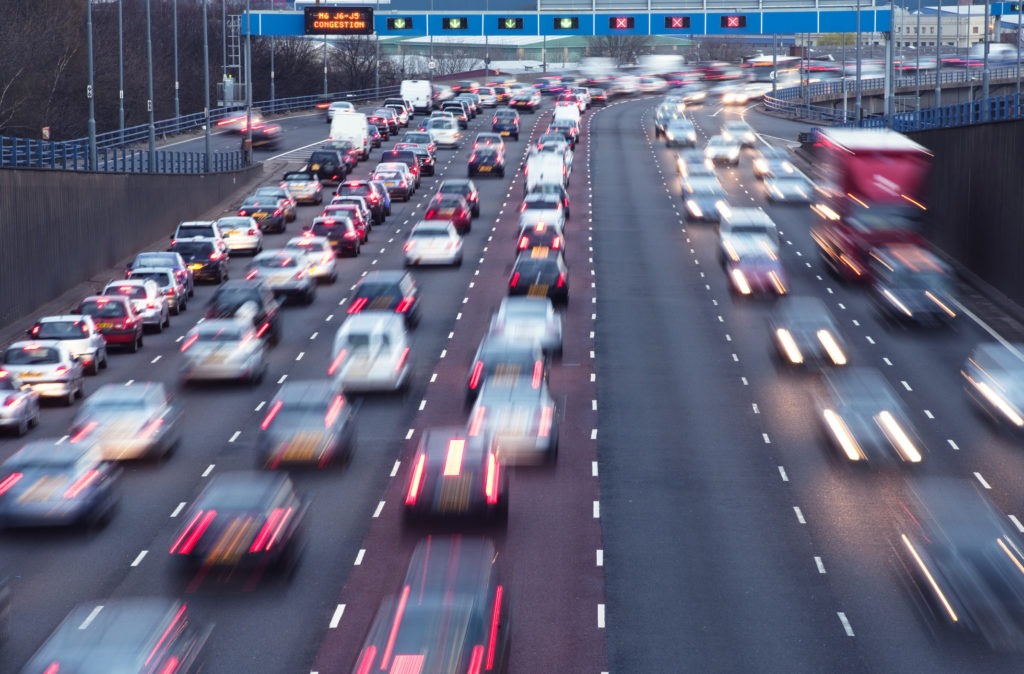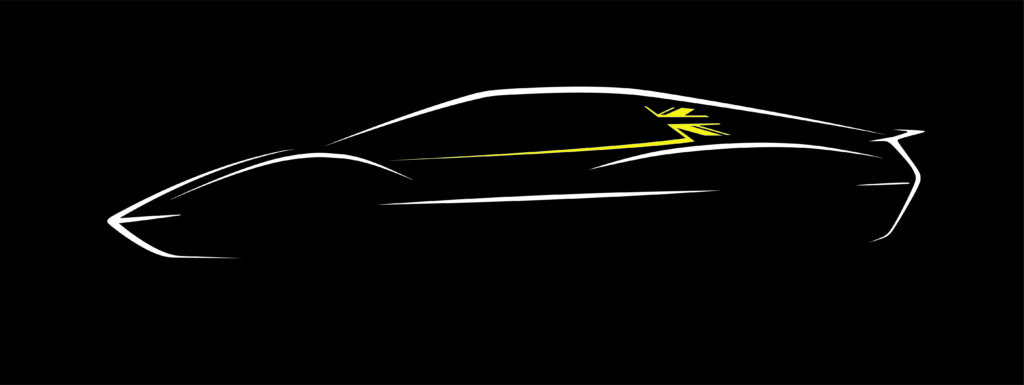Battery-electric, vehicle-based tax deficit could lead to UK road-pricing scheme
08 February 2022

The UK could look to introduce road-pricing schemes in order to avoid a £35 billion (€41.4 billion) black hole in motoring-taxation income by 2050.
Currently, most of the tax the UK government receives through vehicle usage comes via fuel duty and vehicle-excise duty (VED). The latter is an annual payment to use a vehicle on the country’s roads, based on its emissions. However, with battery-electric vehicles (BEVs) not requiring fuel, and being zero emission, the Transport Committee is calling for an urgent reform in motoring taxation.
The new report, Road Pricing, sees the committee warn that it has not seen a viable alternative to a road-charging system, based on technology that measures road use. There are currently limited forms of local road-pricing schemes in the UK, including toll roads, bridges and crossings, congestion charging and ultra-low emission zones (ULEZ) in major cities.
Low-tax expectations
The report warns that if zero-emission vehicle (ZEV) drivers become accustomed to low-tax motoring, it may be socially and politically difficult for the government to levy higher rates of motoring taxation from them in the future.
A similar situation was seen in Norway during 2017. The government, wanting to lessen the impact of subsidies and tax breaks for ZEVs on the country’s budget, suggested introducing a one-off tax on vehicles weighing more than two tonnes. This would have seen an additional €8,800 in tax placed on the price of a BEV over the minimum weight limit. This would have helped lessen the exemption of the 25% VAT the country offers purchasers of new BEV models. Following an outcry over the plans, they were quietly dropped.
Therefore, the Transport Committee believes that introducing road pricing sooner, rather than later, would prevent a similar outcry in the UK while increasing the amount of taxation generated.
Yet the scheme could have the opposite effect. Drivers of internal-combustion engine (ICE) vehicles would end up paying a third tax, on top of VED and fuel duty. While it could be argued that this would enhance the opportunity for drivers to switch to BEVs, the currently higher costs of new models, the lack of incentives, and the patchy infrastructure in the UK, means there are still significant barriers to entry for much of the population.
Therefore, the report recommends that should a scheme be introduced, it is applied to all drivers in a fair manner, with the abolition of current taxation methods.
Recommended routes
The committee states that technology to help introduce road pricing is already available, through telematics – currently used in the insurance industry. This would allow for a ‘price-per-mile’ charging system to be introduced.
Its report makes four recommendations that the UK government must act on as soon as possible to avoid both a funding crisis and alienating the population:
- Introduce an ‘honest’ conversation with the public on how to maintain funding roads and other essential public services once revenue from fuel duty and VED declines;
- Ensure that any new motoring taxes entirely replace fuel duty and VED, rather than being added alongside these taxes;
- Examine the role that telematics technology can play in a new road-pricing mechanism that sets the cost of motoring based on duration and the time of day the journey takes place, alongside vehicle type and size; and
- Set up an ‘arms-length’ body tasked with recommending alternative road-charging mechanisms to replace fuel duty and VED by the end of 2022.
‘The government’s plans to reach net zero by 2050 are ambitious,’ stated Huw Merriman MP, chair of the Transport Committee. ‘Zero-emission vehicles are part of that plan. However, the resulting loss of two major sources of motor taxation will leave a £35 billion black hole in finances unless the Government acts now – that’s 4% of the entire tax-take. Only £7 billion of this goes back to the roads; schools and hospitals could be impacted if motorists don’t continue to pay.
‘Work should begin without delay. The situation is urgent. New taxes, which rely on new technology, take years to introduce. A national road-pricing scheme would avoid a confusing and potentially unfair and contradictory patchwork of local schemes but would be impossible to deliver if this patchwork becomes too vast. However, net-zero emissions should not mean zero-tax revenue.’



